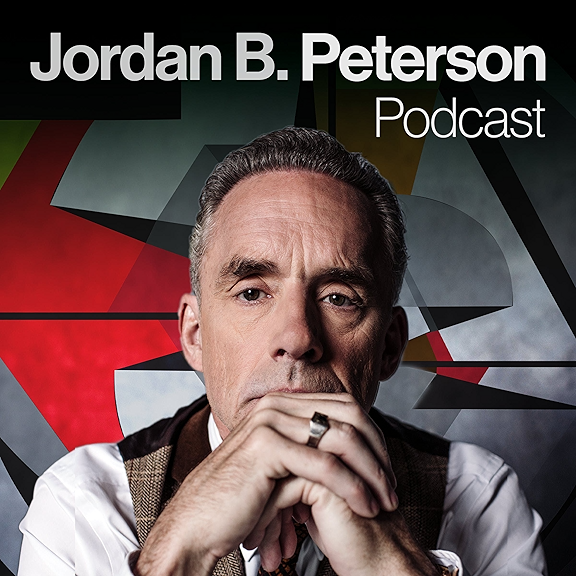
Episode 7: Episode 37 - "Cetacean Station: Whale Episode 1" by Karan Mirpuri
Created for CSET 2100: Scientific Communication Tools and TechniquesDid you know that whale feces are an important part of the marine iron cycle? No? Neither did we until we listened to this incredibly well-researched episode about exactly that by Karan Mirpuri. This piece is a great example of how you can use audio to explain a scientific concept!
What was your process for structuring this episode? Did you plan out the entire episode first or did you just experiment with audio until you found something that you liked?“I created this podcast for CSET 2100: Scientific Communication Tools and Techniques with Prof. Stephen Ornes (highly recommend)! While we did not have a specific structure we had to follow, he required that we conduct three interviews with individuals related to the topic we were pursuing. For this reason, I conducted my interviews first, looked through the audio for anecdotes and comments that I liked, and created a narrative structure around these segments that felt cohesive and was able to cover the content I felt would be the most informative and engaging.”
How much research did you do and how did you decide what information to include?“So I actually learned about this topic first while attending the 2021 UN Climate Change Conference in Glasgow. I had the opportunity to spend a week in Glasgow through an honors seminar in the College Scholars Program about global responses to climate change through an interdisciplinary lens. During a lecture hosted by the WWF Chile, I became interested in the topic and brought it to my final project for CSET 2100. To further research the topic, I interviewed three specialists (two from the US and one from Germany) who were specifically interested in whale research. Beyond that, I read some research articles in the field and climate-oriented resources that were targeted towards the general public. In doing so, I tried to include specific stories and interesting findings from the researchers, while also including knowledge that I felt was important but missing from the more public-oriented resources. “
How long did it take for you to produce this episode?“Each interview was about 20-30 minutes (sometimes a little longer), but it took me about a week to schedule interviews, review the articles, and then go into actually recording myself and editing the audio.”
What advice would you have for students that are interested in producing something similar?“I would highly recommend going out of your comfort zone and tackling topics that you are genuinely interested in, even if you don't know much about them already. I genuinely knew nothing about this topic until I started this topic and I think when you approach hosting a podcast from a place of learning, it makes your content more relatable and easier to engage with. Also if you want to interview people, be persistent and open-minded! Sometimes people will not respond or say no, and that's okay, but you'd be surprised at how excited people get to talk about their passions as well, even if just to a curious undergrad.”




















